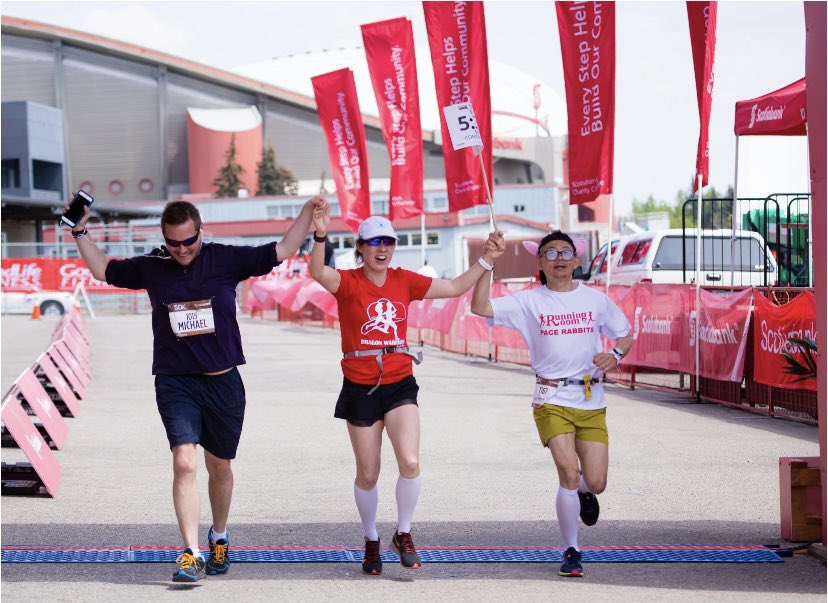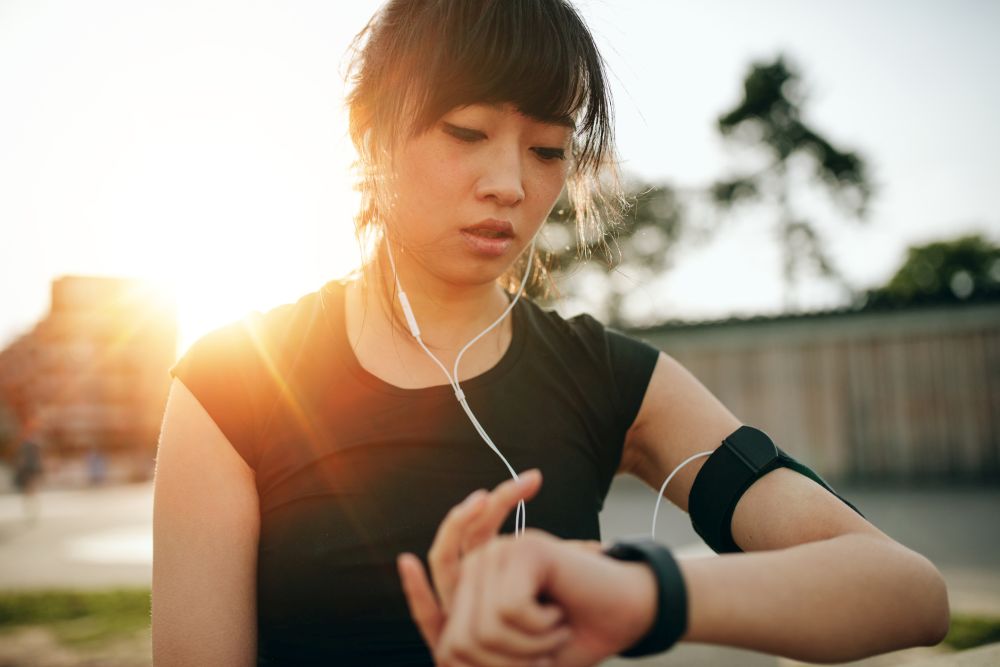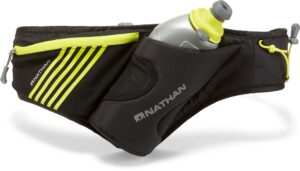How does daylight saving time affect runners?
The shift in time can disrupt a runner's biological clock for a day or two
On Sunday, March 13, we all went through it–the clocks sprang forward one hour to preserve more daylight in the evening. Losing an hour of sleep in exchange for longer days seems like a simple sacrifice, but can daylight saving hinder your athletic performance?

A recent study out of the University of Georgia analyzed the effects of running performance on the date of daylight saving time and found a discrepancy between the spring and the fall performance due to shifting clocks forward and back by one hour, which temporarily disrupted runners’ sleep and mood.
The data was collected from 18 races between 2000 and 2018 and included the average marathon time for all finishers who participated in races on the days of the time change. The data was compared against times from the same marathon courses but when they were held on a different date. Marathons in the spring were found to be 12 minutes faster when the race was held on a different day.
The finish at the Calgary Marathon. Photo: Run CalgaryThe slowed run time in the spring can be attributed to the lost hour of sleep, which can be a shock to your biological clock. Humans are creatures of habit, and our bodies tend to work best when our body clocks are not disrupted by time changes.
The spring shift in timing disrupts a runner’s body for a day or two; it should then adapt to the time difference through social interaction and rest.

One variable that wasn’t addressed is the effect of weather on performance; weather in March and November can be unpredictable, and could have a significant effect on results.
There are a few ways you can combat the lost hour in the spring by going to bed earlier than usual and managing your mealtimes with healthy choices. Items you may want to avoid consuming the day prior are alcohol and coffee, both of which are likely to interrupt your sleep and alter your body clock. If you need your caffeine to get you through the day, limit your intake to the morning and finish drinking any coffee or alcoholic beverages by lunchtime.


